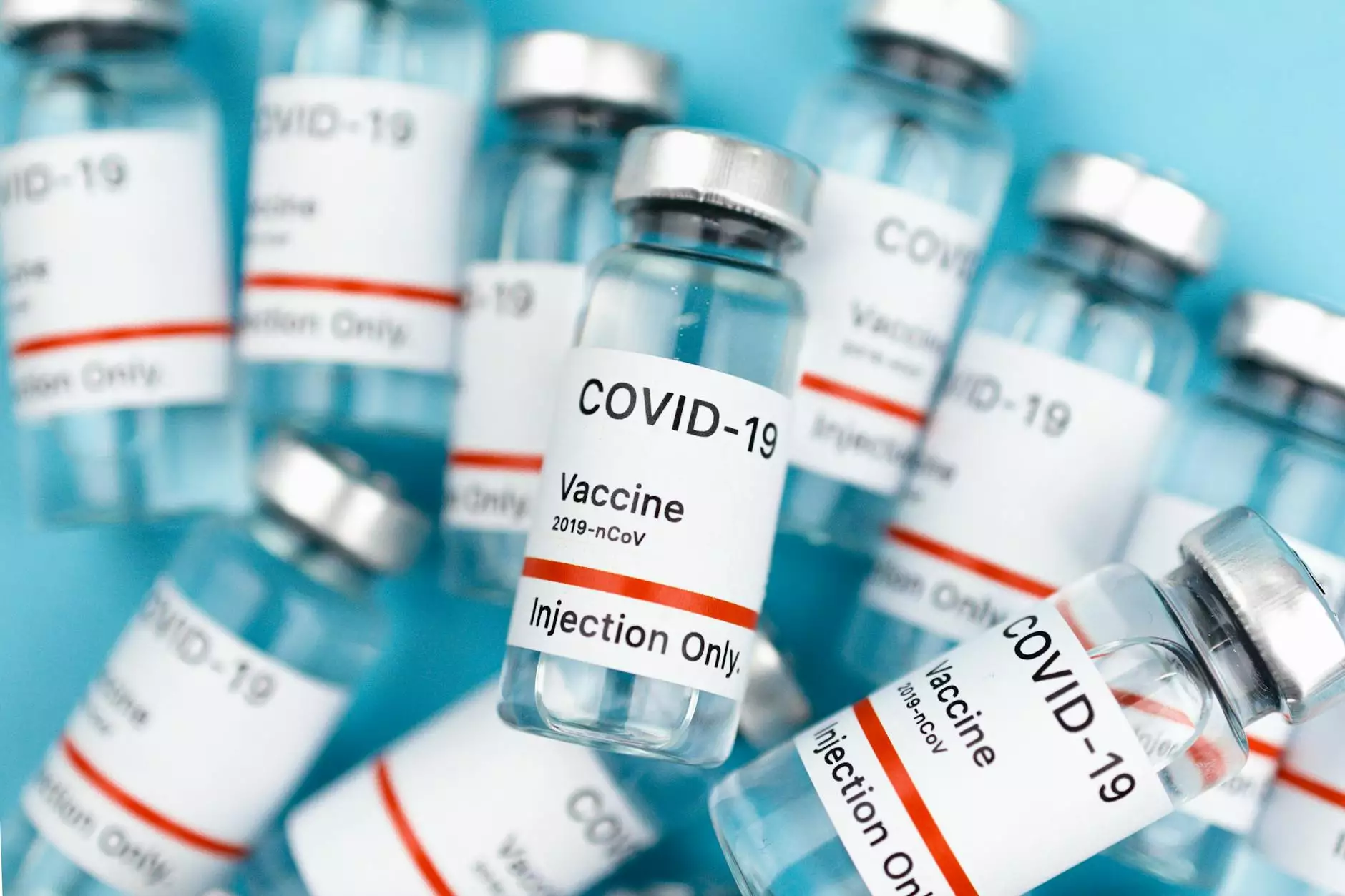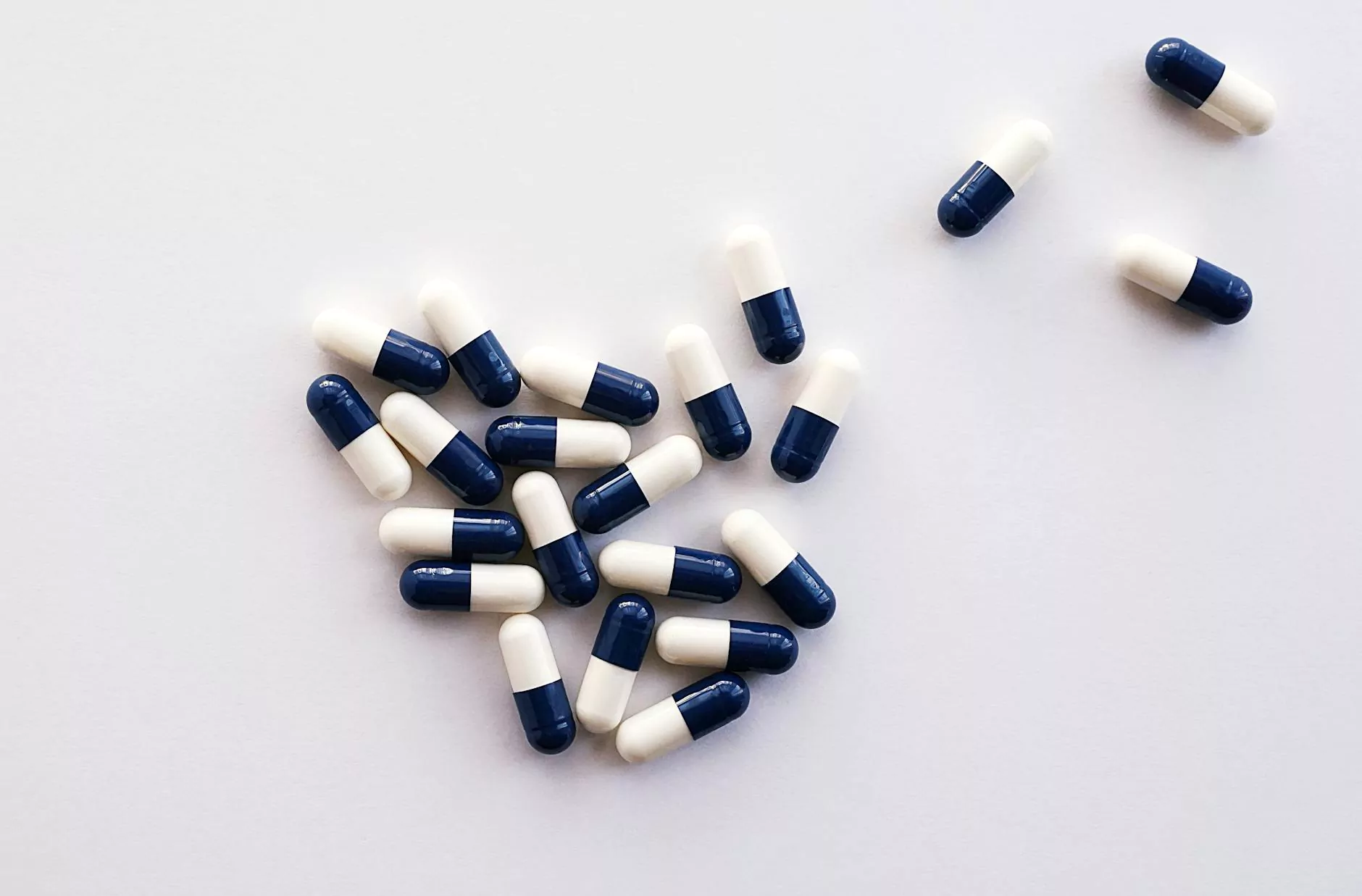Understanding Injectable Steroids and Liver Damage: A Complete Guide

In the rapidly evolving world of health & medical and sports medicine, the use of injectable steroids has gained significant popularity among athletes, bodybuilders, and individuals seeking enhanced physical performance. While these compounds can offer notable benefits such as increased muscle mass, strength, and recovery, they are not without risks—particularly concerning liver damage. This comprehensive guide delves deep into the relationship between injectable steroids and liver damage, providing vital insights tailored for health professionals, medical enthusiasts, and fitness aficionados alike.
Introduction to Injectable Steroids in Modern Medicine and Fitness
Injectable steroids are synthetic variations of the male hormone testosterone designed for intramuscular injection. Their application ranges from legitimate medical treatments, such as hormone replacement therapy and muscle wasting diseases, to performance enhancement in sports environments. The convenience and efficiency of injections often make them preferable over oral steroids, but this mode of administration introduces unique health considerations that must be understood thoroughly.
The Pharmacology of Injectable Steroids: How They Work
Injectable steroids bind to androgen receptors in muscle cells, promoting increased protein synthesis and muscle hypertrophy. Their systemic influence extends beyond muscles, affecting metabolism, recovery, and overall physical resilience. However, because they bypass the gastrointestinal system, their metabolic processing in the liver still plays a crucial role, especially concerning the potential for liver damage.
Why Liver Health Is Critical When Using Injectable Steroids
The liver is a vital organ responsible for detoxification, protein synthesis, and regulation of biochemical processes essential for life. It also metabolizes exogenous substances, including steroids. Although injectable steroids are often considered less hepatotoxic than oral counterparts, they can still significantly impact liver health, especially when misused or used over prolonged periods.
Exploring the Link Between Injectable Steroids and Liver Damage
The relationship between injectable steroids and liver damage is complex. While they have a lower hepatotoxic profile compared to oral steroids, they are not entirely risk-free. Various factors influence the extent of liver impact, including dosage, cycle duration, individual genetics, and concurrent use of other hepatotoxic substances.
Mechanisms of Liver Impact from Injectable Steroids
- Alteration of Liver Enzymes: Elevated levels of liver enzymes such as ALT and AST indicate hepatocyte stress or injury.
- Cholestasis: Disruption of bile flow can cause cholestatic jaundice, presenting as yellowing of the skin and eyes.
- Hepatocellular Injury: Some steroids can induce structural damage to liver cells, leading to inflammation and necrosis.
- Chronic Liver Conditions: Long-term use may increase the risk of fibrosis, cirrhosis, or even hepatocellular carcinoma.
Impact of Dosage and Cycle Duration on Liver Health
Understanding how dosage and cycle length influence liver health is crucial. Higher doses and extended cycles increase the burden on hepatic detoxification pathways, raising the risk of liver injury. For instance, injections administered over 12 weeks or longer, especially with multiple steroids, significantly elevate the risk profile.
Signs and Symptoms of Liver Damage Due to Injectable Steroids
Early detection of liver damage is essential for prevention of severe complications. Symptoms may include:
- Jaundice: Yellowing of skin and eyes
- Abdominal Pain: Discomfort or swelling in the right upper quadrant
- Dark Urine: Indicative of bilirubin buildup
- Fatigue and Weakness: Generalized malaise
- Nausea and Loss of Appetite: Signaling hepatic distress
Medical Perspectives: Protecting Liver Health with Steroid Use
Professionals in the health & medical and sports medicine sectors emphasize cautious use of injectable steroids, prioritizing safety and health. Key recommendations include:
- Consultation with Healthcare Providers: Never use steroids without medical supervision.
- Periodic Liver Function Tests: Regular monitoring helps detect early signs of hepatic stress.
- Implementing Liver Support Supplements: Use of hepatoprotective agents like milk thistle, N-acetylcysteine, and other antioxidants.
- Optimizing Dosage and Cycle Lengths: Adhering to medically recommended doses and durations minimizes risks.
- Post-Cycle Therapy (PCT): Ensuring proper recovery to restore hormonal balance and liver health.
The Role of Safe Practice in Drugstores for Buyers and Sellers
Reliable drugstores like SteroidGearsStore.com play a pivotal role in providing quality, legit, and safe-to-use injectable steroids. Ensuring transparency, authenticity, and proper customer guidance is essential for minimizing health risks, including liver damage. Consumers should always seek products from authorized sources, follow dosage instructions strictly, and prioritize their health by consulting medical professionals before initiating any steroid cycle.
Innovative Trends in Steroid Development and Liver Safety
Manufacturers are increasingly focusing on developing less hepatotoxic anabolic steroids by modifying molecular structures and improving delivery systems. Developments include:
- Modified Ester Profiles: Slower release rates reduce hepatic overload.
- Combination Formulations: Using hepatoprotective agents alongside steroids to buffer liver strain.
- Biotech Advances: Designing steroids with targeted action and reduced hepatic metabolism.
Conclusion: Making Safe and Informed Choices
While injectable steroids can offer potent benefits in sports medicine and medical treatments, understanding the potential risks—particularly liver damage—is paramount. Safe use, medical supervision, proper dosing, and regular health monitoring are critical components of responsible steroid consumption. At SteroidGearsStore.com, we emphasize quality, safety, and informed decision-making to help you achieve your health and fitness goals without compromising your well-being.
Final Words on Injectable Steroids and Liver Health
In summary, injectable steroids can influence liver health significantly. Awareness of injectable steroids and liver damage mechanisms equips users to make better choices, mitigate risks, and enjoy the benefits of enhanced physical performance responsibly. Prioritize your health, stay informed, and consult trusted medical professionals to navigate this complex landscape confidently.









